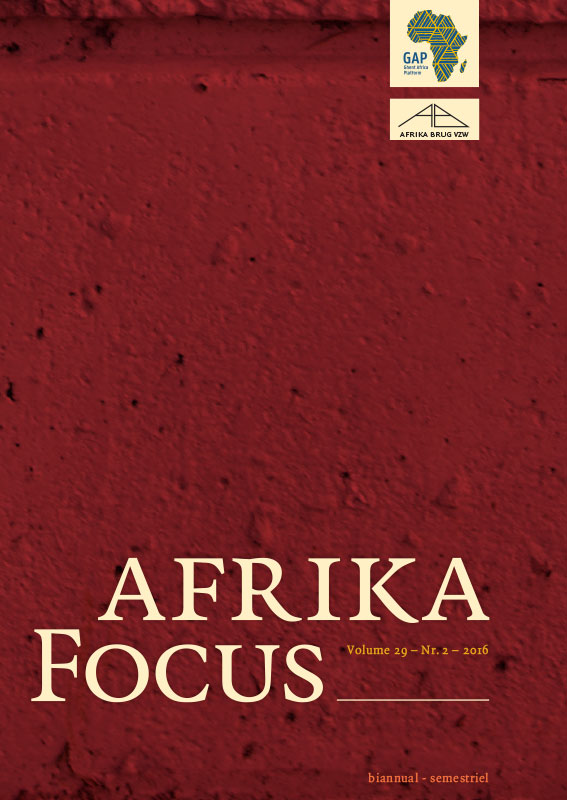Investigating health factors as predictor of early drop-out of first year accounting students at the University of the Free State, South Africa
DOI:
https://doi.org/10.21825/af.v29i2.4729Abstract
Introduction: The future of the South African workforce looks bleak given the challenges posed, not only by health factors, including HIV and AIDS, but also the success and throughput rate of rst year university students. Methodology: The research in this study was conducted in 2013 using a post-positivist approach and applying an interpretive stance using a mixed method approach, which included a quantita- tive non-experimental predictive multivariate design as well as focus group interviews to triangu- late the ndings. Results: We present ndings that psychosocial background factors, physical health and emotion- al health in uence success and non-completion rates among rst year students at the University of the Free State, South Africa. Conclusion: We argue that early identi cation of poor psychosocial background, including health factors, can assist in empowering youths helping them to make healthy decisions and deal with stressful situations in a way that will not compromise their academic success.Downloads
Published
How to Cite
Issue
Section
License
Authors who publish with this journal agree to the following terms
Authors retain copyright and grant the journal right of first publication with the work simultaneously licensed under a Creative Commons Attribution License that allows others to share the work with an acknowledgement of the work's authorship and initial publication in this journal.
Authors are able to enter into separate, additional contractual arrangements for the non-exclusive distribution of the journal's published version of the work (e.g., post it to an institutional repository or publish it in a book), with an acknowledgement of its initial publication in this journal.
Authors are permitted and encouraged to post their work online (e.g., in institutional repositories or on their website) prior to and during the submission process, as it can lead to productive exchanges, as well as earlier and greater citation of published work (See The Effect of Open Access).


